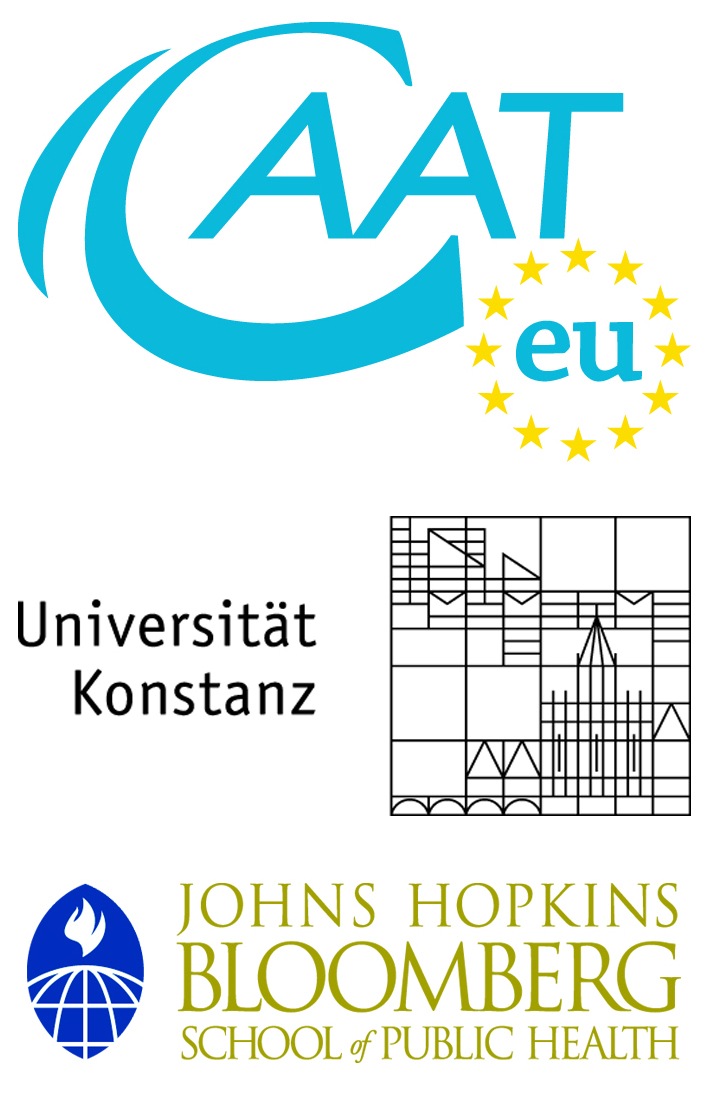Marine Biotoxins
A roadmap for hazard monitoring and risk assessment of marine biotoxins on the basis of chemical and biological test systems

To download the workshop report, please click here
Questions to be addressed:
1. Suitability of LC-MS for the purpose of risk assessment.
2. Abilities of in vitro systems already used for the risk assessment of aquatic food.
3. Relevant end-points for in vitro bioassays.
4. Development and validation of in vitro assays for the purpose of risk assessment of aquatic food.
5. Importance of reference standards and biologically inert reference material.
Abstract:
As aquatic food already poses over 40% of the global animal food products, and is globally distributed, the toxicological risk assessment of these products becomes more and more a matter of special importance. In this regard, the focus lies particularly on the assessment of shellfish, which as filter feeders accumulate marine toxins and make up 30% of aquatic food.
The gold standards to assess toxins in aquatic food are traditionally in vivo methods, i.e. the mouse bioassay but also the rat bioassay. Besides the ethical issues of the in vivo bioassays there are specific difficulties like the inter-species comparability and the intra-species variability, which suggest the need to develop more reliable methods. Based on this reasoning, the European Food Safety Authority (EFSA) advocates the involvement of the analytical method LC-MS (Liquid Chromatography coupled Mass Spectroscopy) as a substitute for the in vivo bioassays for almost all classes of marine toxins.
For the purpose of risk assessment of food it is imperative to focus on the possible adverse effect, independent of whether it stems from one compound or a composition of compounds. As toxic action is defined by functional and structural changes in biological systems the development of a human-relevant in vitro system for risk assessment of food stands to reason. Several in vitro test systems have been established for the risk assessment of chemical compounds. The suitability of in vitro systems depends on the relevance of the derived data, i.e. sensitivity and accuracy of the end-points.
This workshop aims to identify relevant in vitro systems with relevant end-points for the risk assessment of toxins in aquatic food, which can be adapted to be used in high-throughput systems. Such systems could complement LC-MS analysis to allow a confident prediction on the edibility of aquatic food to protect consumer health.
Time planning:
November 08.-10. 2010
Proposed venue:
Conference Centre Lilienberg in Ermatingen, Switzerland
